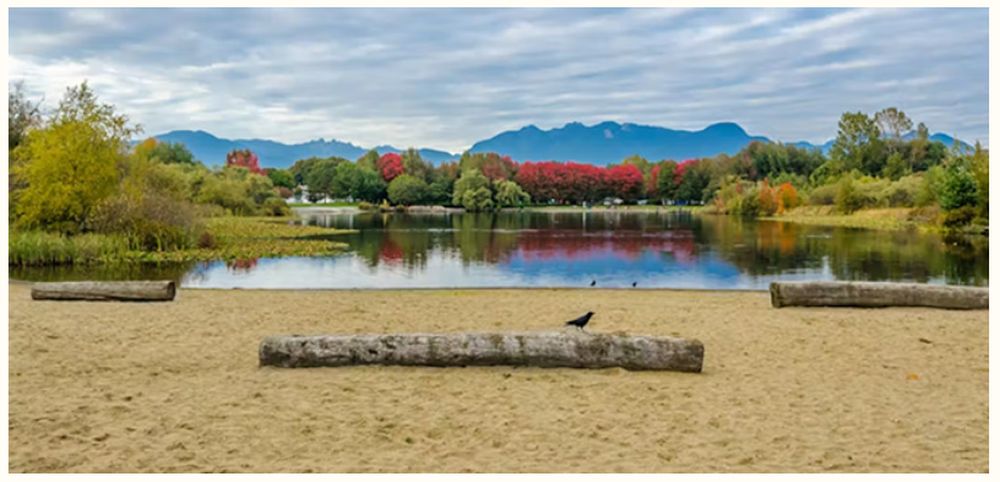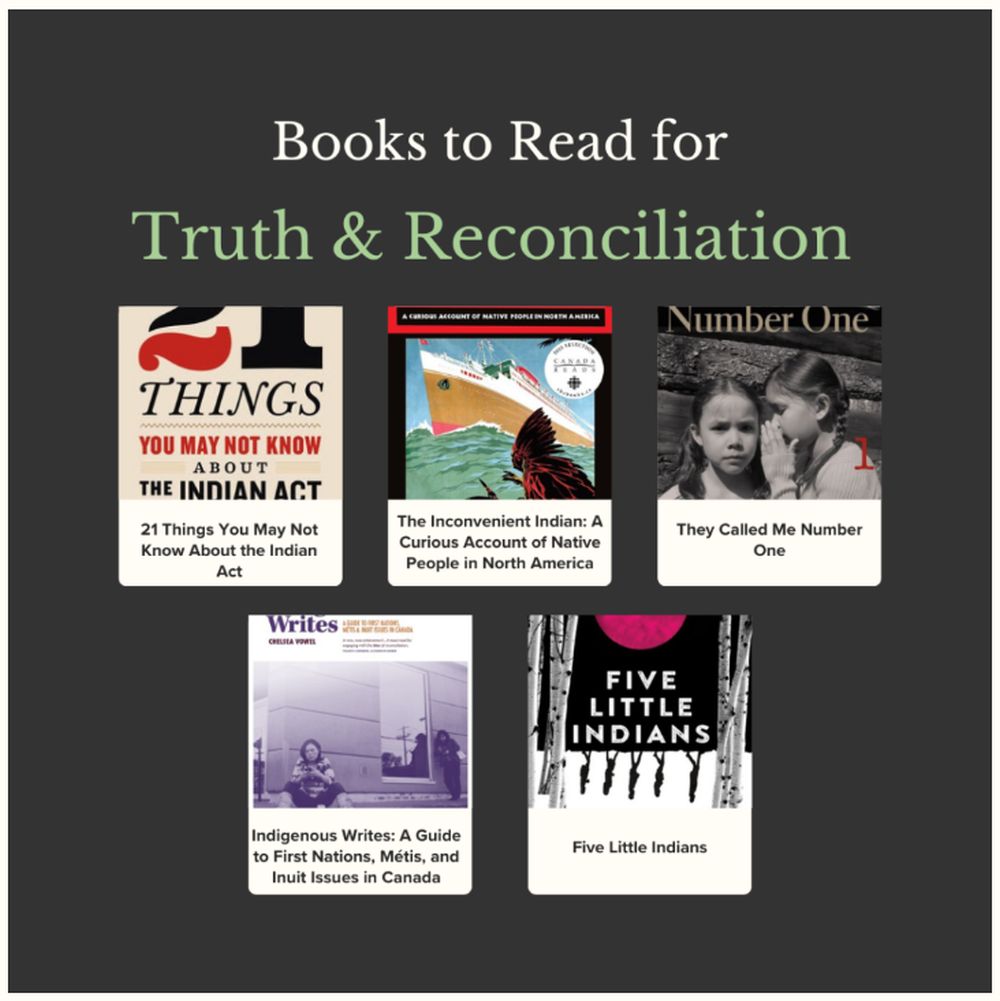It's important to honour the history, culture, and contributions of Indigenous peoples in Canada, not only on Truth and Reconciliation Day but every day; the day is an opportunity for us to reflect on the ongoing journey toward healing and understanding.
We wanted to share some ways to continue learning and growing: events to attend in the Lower Mainland, insightful books to read, and organizations that do tremendous work in our community to donate to. Whether you are looking to learn more, offer your support, or simply to reflect on the importance of recognition, we hope these ideas inspire you to participate in this important day of reflection and action.
Events to Attend:
- Walk for Truth & Reconciliation at Semiahmoo
Park
Join a community walk featuring youth dancers, Indigenous drumming, and an artisan market.
Date & Time: Friday September 30, 2024, from 11 AM to 2 PM
Location: Semiahmoo Park, Vancouver - National Day for Truth and Reconciliation with
Nisga'a Ts'amiks Vancouver Society
Honour residential school survivors with a ceremony, food vendors, and orange shirts for sale.
Date & Time: Friday September 30, 2024, from 1 PM to 4 PM
Location: John Hendry Park (Trout Lake), Vancouver - Orange Shirt Day at Templeton Welcome
Garden
A community gathering featuring Indigenous speakers, drumming, and various activities.
Date & Time: Friday September 30, 2024, from 2 PM to 5 PM
Location: Templeton Welcome Garden, Vancouver - Intergenerational March at UBC Outdoor
Amphitheatre
Join the march to commemorate Orange Shirt Day. Hosting the event are the faculties of applied science, land and good systems and forestry.
Date & Time: Friday September 30, 2024, from 11:45 AM to 3 PM
Location: UBC Outdoor Amphitheatre - National Day for Truth and Reconciliation Teaching
Pow Wow
A cultural event with traditional dances and a marketplace, hosted by the Spirit of the Children Society.
Date & Time: Friday September 30, 2024, from 12 PM to 4 PM
Location: Westminster Pier Park, New Westminster

Books to read:
- "21 Things You May Not Know About the Indian Act"
by Bob Joseph
Explores the historical and ongoing impact of the Indian Act on Indigenous Peoples in Canada.(Purchase at Black Bond Books)
- "The Inconvenient Indian: A Curious Account of Native
People in North America" by Thomas King
A provocative look at the history and issues surrounding Indigenous peoples in North America.(Purchase at Black Bond Books)
- "They Called Me Number One" by Bev Sellars
A personal account of the author's experience in a residential school and its lasting effects. (Purchase at UBC Bookstore)
- "Indigenous Writes: A Guide to First Nations,
Métis, and Inuit Issues in Canada" by Chelsea
Vowel
Provides insights into contemporary Indigenous issues in Canada. (Purchase at Indigo)
- "Five Little Indians" by Michelle Good
A novel following the lives of five residential school survivors as they struggle to overcome the trauma of their past. (Purchase at UBC Bookstore

Organizations to support:
- Indian
Residential School Survivors Society (IRSSS)
Provides essential services to residential school survivors, their families, and those impacted by the schools. - Urban Native
Youth Association (UNYA)
Supports Indigenous youth in Vancouver through various programs and services. - First Nations
Health Authority (FNHA)
Focuses on the health and wellness of First Nations people in British Columbia. - Nisga'a
Ts'amiks Vancouver Society
Supports the Nisga'a community in Vancouver, providing cultural, social, and educational programs. - Reconciliation Canada
Aims to foster dialogue and inspire positive action toward reconciliation between Indigenous and non-Indigenous people.
What lawyers can do:
Lawyers can play a critical role in advancing reconciliation with Indigenous Peoples, guided by frameworks such as the Law Society of British Columbia's Indigenous Framework and other initiatives. The Law Society, through its framework adopted in 2022, outlines six key principles, including the expectation of Indigenous involvement in decisions affecting their interests and acknowledgment of Indigenous histories, cultures, and governance systems. Lawyers are encouraged to integrate these principles into their practice, ensuring culturally safe, trauma-informed regulatory processes. Additionally, the Canadian Bar Association (CBA) offers resources to support the profession's role in truth and reconciliation through educational materials and action plans.
We hope these suggestions help you find meaningful ways to engage and reflect. Remember, the journey toward reconciliation is ongoing, and every step we take—whether through learning, attending events, or supporting community organizations—brings us closer to a more inclusive and understanding society.
Let's continue this conversation together.
The content of this article is intended to provide a general guide to the subject matter. Specialist advice should be sought about your specific circumstances.


